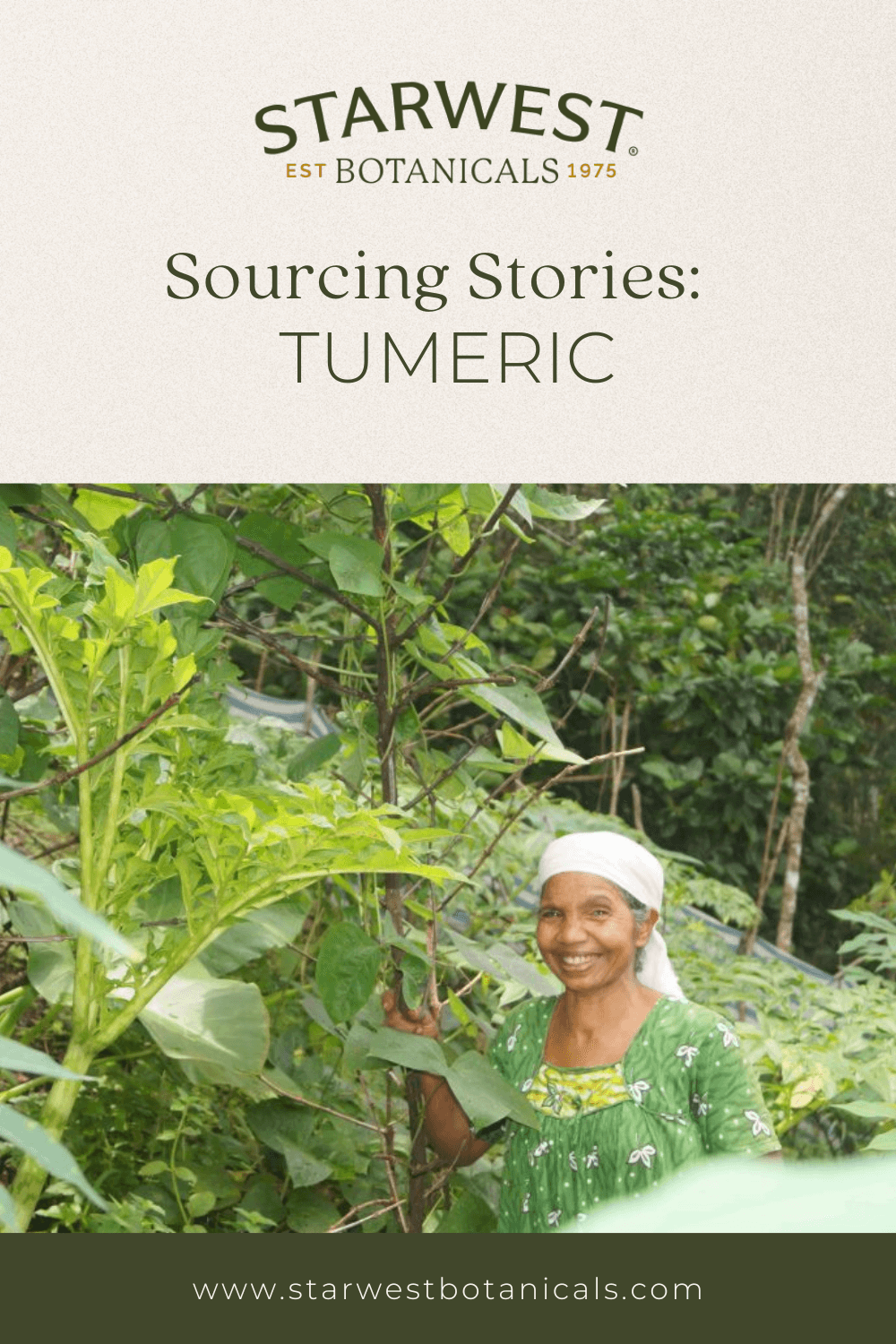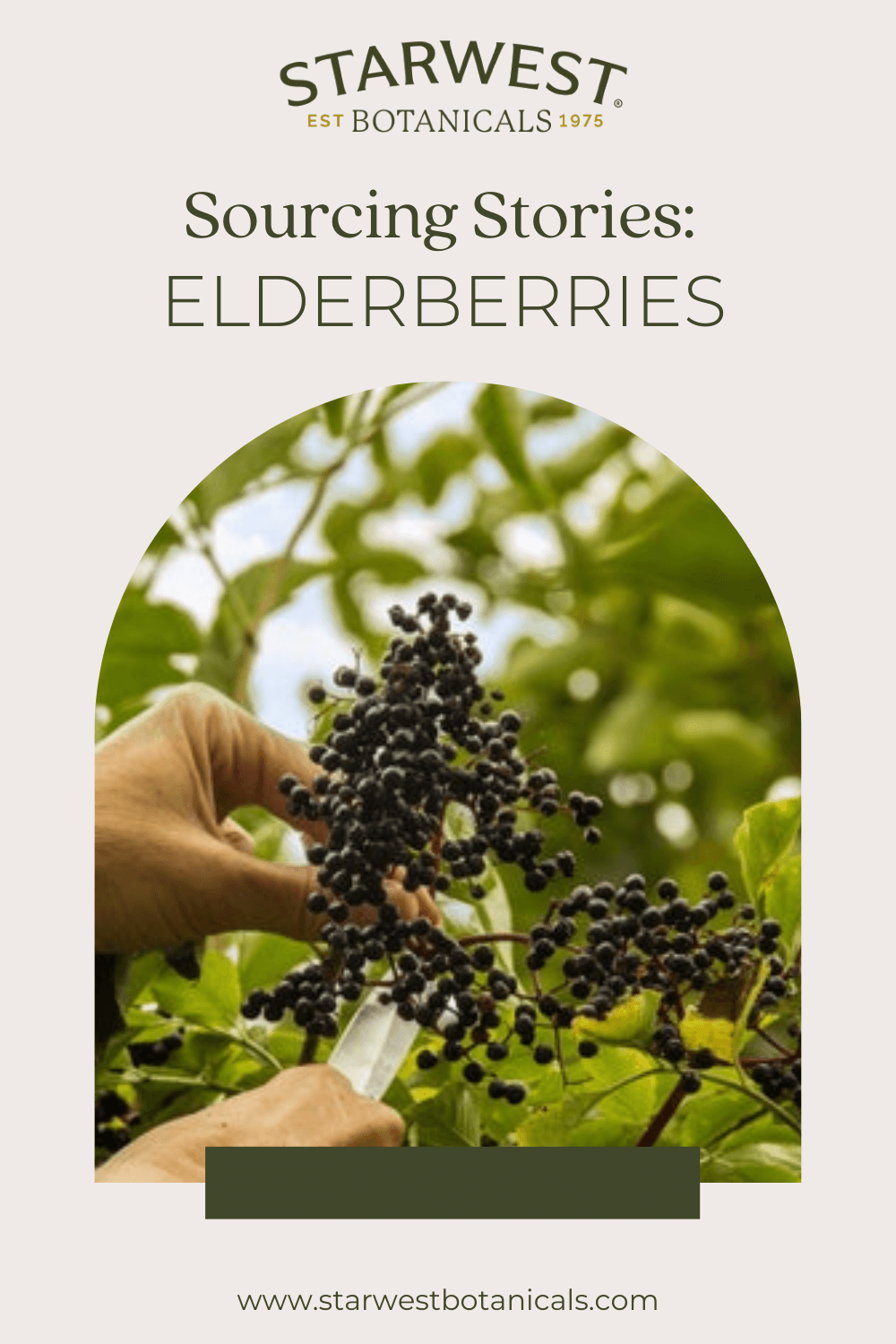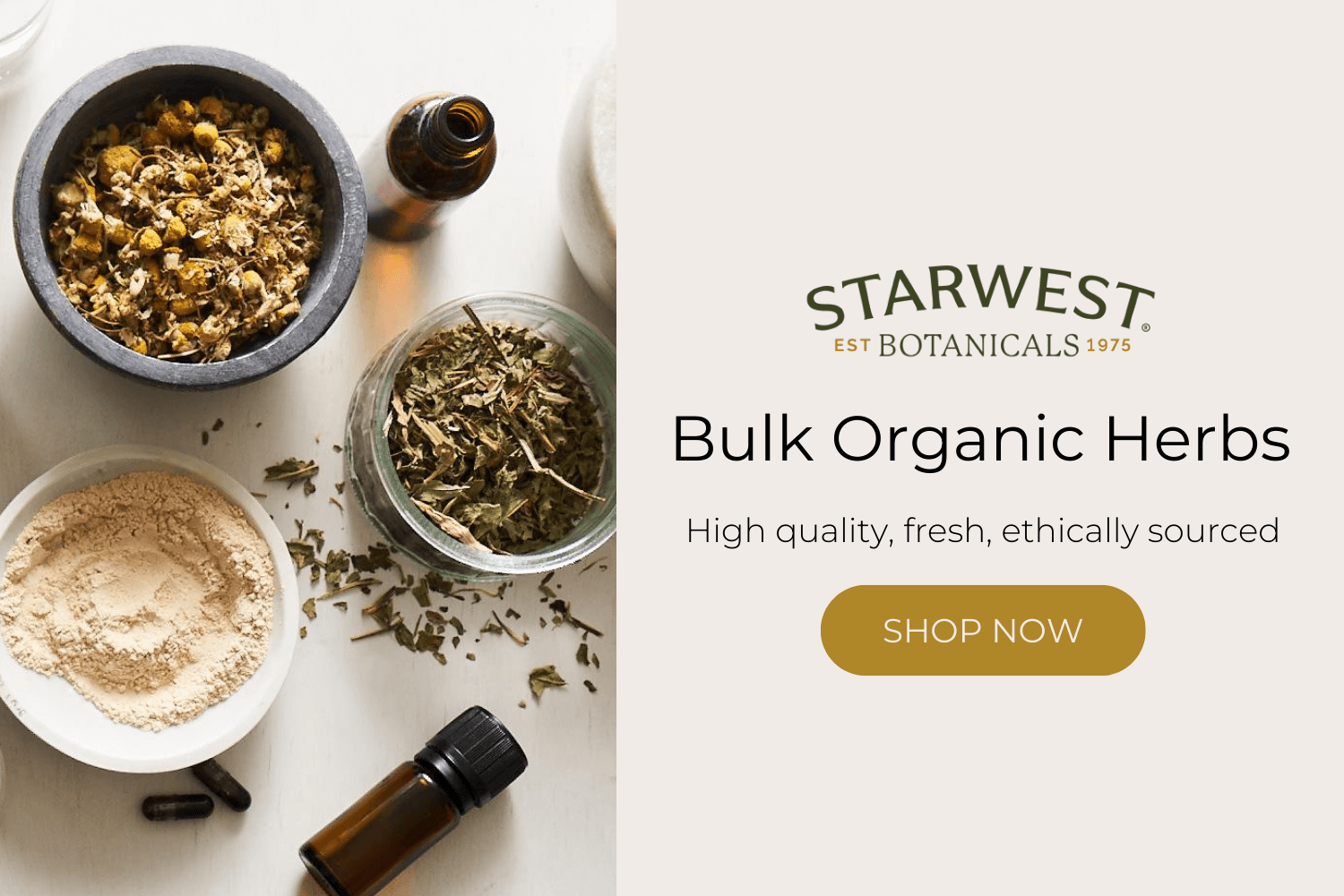From Clean To Clear Label: How Storytelling Answers Consumer Demand For Transparency | Starwest Botanicals
Posted by Starwest Botanicals on 08-30-2023
From Clean To Clear Label:
How Storytelling Answers Consumer Demand For Transparency
Functional ingredients in support of clean label and wellness trends have continued to enjoy significant growth in the market. But a clean label can mean a variety of things. According to an Innova Market Insights’ Health & Nutrition Survey, the top consumer perceptions for “clean eating” include foods/drinks that are:
1. free of additives and preservatives; 2. contain only natural ingredients; 3. organic; and are 4. sustainably sourced.
Clean label’s definition has shifted and evolved over the years from natural, to short ingredient lists, to plant-based, and now to include ethical and environmental factors. According to an article from preparedfoods.com, claims related to human and animal welfare, increased focus on supply chain transparency, plant-powered nutrition, and sustainable sourcing are all encompassed in clean label’s evolved definition, sometimes defined as clear label.
Survey
In our own survey on LinkedIn, we asked our followers what clean or clear label means to them. While ethical/environmental took the third spot out of four at just 13%, we do see trends moving from “clean” to “clear” as predominantly focused on supply chain transparency and ethical sourcing.
The term “clear labeling” was coined by Innova Market Insights for its 2015 Top Trends listing. Now seven years later, the term has been widely adopted in the industry and by many consumers. We now understand clean label as relating more to health and ingredient factors, while clear label is more related to transparency and ethical factors.
Survey
In another survey we conducted on LinkedIn, we asked our followers what clear label means to them.
Building Trust Through Transparency
Let’s take a look at the evolution of Innova Market Insights’ Top Trends during the past few years. These trends tell the story of an ever-growing consumer demand for supply chain transparency and sustainably sourced products.
Way back in 2008, Innova identified “Going Greener” as a top trend and predicted consumers’ growing interest in sustainability and transparency. Each year, consumer interest continues to build on the original “Going Greener” trend. “The Sustain Domain” and “Storytelling: Winning with Words” were top trends in 2020. “Transparency Triumphs” led the list in 2021. Most recently, the top trend for 2022 is “Shared Planet”.
Consumers are demanding eco-efficiency, particularly reducing food waste and plastic waste. 75% of global consumers expect companies to invest in sustainability, however, how sustainability is defined varies greatly. It has evolved from recyclable packaging to broader sustainability around the entire product life cycle—from agricultural practices, to efficient factories, to food waste and packaging waste reduction. What’s next for sustainability? New demands around climate neutral products and upcycled foods are on the horizon.
So how might manufacturers and suppliers convey trust and transparency to consumers? The storytelling trend highlights increased consumer interest in the stories behind foods and beverages.
Storytelling is one answer to consumer demand for clear labels. In fact, 60% of global consumers said stories influenced their purchasing decisions,
and they want to know where ingredients come from. Their primary areas of interest included human and animal welfare, supply chain transparency, plant-powered nutrition, and sustainable sourcing.
Tech To Table
Consumers are turning to apps for guidance on personalized nutrition and sustainability. “Tech To Table”, also a 2022 Innova Top Trend, encompasses how technology will play a role in improving transparency. “50% of consumers [say] that they are at least somewhat likely to check a QR code if it appears on pack, allowing suppliers to deliver farm-to-fork traceability in this way.” Blockchain will advance this ambition further, allowing consumers to see the supply chain record. “The technology has aided suppliers in tracking expansive food chains, including individual animals in a livestock herd, rainforest-positive coffee, and sandwich ingredients.”
Technology is just one avenue for telling product and ingredient stories to consumers hungry for transparency.
Sustainable Sourcing Stories: From Seed To Shelf
To answer consumer demand for greater transparency, we’ve started a series of sourcing stories that we’ll be publishing on our new website. To kick off the series, we’ve started with a few of our most popular products. Our sourcing stories inform suppliers and end-consumers on where our products’ stories—from seed to shelf.

Turmeric from India
Turmeric is an on-trend spice here in the U.S., but its use dates back nearly 4,000 years in Ayurvedic medicine. Celebrated for both its culinary and wellness benefits, turmeric is becoming known for its high curcumin properties—and is often classified by curcumin levels. Alleppey turmeric is the most prized with greater than 3% curcumin. Curcumin has been known historically for its anti-inflammatory and immune-supporting benefits*.
Deep in the mountains of Kerala, India is where we find the world’s best Alleppey turmeric. And that’s where you’ll find one of our newest sourcing partners, Peermade Development Society (PDS).
Learn more about how PDS is engaged in the sustainable development of tribal, marginal, and small farmers, indigenous communities, women, and children in India. PDS works in communities to help with micro-lending, sustainability, biotech, and social projects that allow residents to diversify economically. This ensures that their land will remain fertile for years to come.

Elderberries from Bulgaria
Herbalists have long used elderberries for their reported range of health benefits. They contain natural substances called flavonoids that have been reported to help fight inflammation and boost the immune system*.
Elderberries do more than taste great and help us stay well. Sourced from our partner Biogramme in Bulgaria, wild-crafted and organically grown elderberries give meaningful work to farmers and collectors across the region. Working with a network of small collectors, wild-crafted elderberries are harvested, cleaned, color-sorted, and dried.
Learn more about our partner Biogramme, a leading Bulgarian producer of tea, herbs, and nutritional supplements in Bulgaria.
Cardamom from Guatemala Culinarians and health professionals alike know that cardamom is one the wellness world’s best kept secrets. Used for centuries in Ayurvedic medicine, the powerful essential oils found in the cardamom seed have been recommended to combat indigestion and to stimulate the mind*.
While their peers in the region primarily plant and harvest coffee beans, our partner and Guatemalan farmer co-op FEDECOVERA has found cardamom as a way to not only diversify crops but also to adjust to climate changes in their countryside. FEDECOVERA is a collection of 42 cooperative partners and more than 120 groups of small producers gathering more than 33,000 producing families.
Learn more about how leveraging resources and training farmers in the newest agricultural practices is just part of the work this cooperative does for its members.
Ceylon Cinnamon from Sri Lanka Ceylon cinnamon’s active ingredient, cinnamaldehyde, has been reported to lower inflammation. Daily intake of Ceylon Cinnamon has also been shown to lower cholesterol levels and improve the body’s response to insulin*.
The rainforest and jungles in the center of the island country of Sri Lanka are where the spice industry thrives and where we source our Ceylon cinnamon from our partners Small Organic Farmers’ Association (SOFA).
SOFA is leading the country in its organic farming methods and its focus on the sustain ability and protection of the environment.
Learn more about how they are using fair trade principles and enhancing the living standard of the small farmers and the poor in their community.
Let’s Get Started
Our team at Starwest is here to help you incorporate the clear label trend into your product development process and help you tell your product’s story.
Contact us at info@starwest-botanicals.com to get started.
*This statement has not been evaluated by the Food and Drug Administration. This is not intended to diagnose, treat, cure, or prevent any disease. For educational purposes only.



